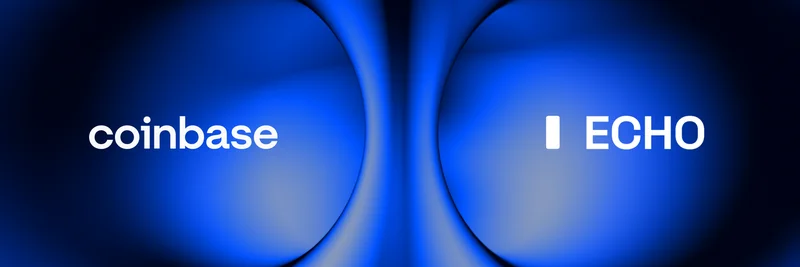In the ever-evolving world of cryptocurrency and blockchain, thought leaders like Balaji Srinivasan often drop gems that spark deep discussions. Recently, a tweet from @martypartymusic highlighted one such quote from Balaji: “In other words - ideas are upstream of men, code is upstream of drones, private property is private keys, and the keyboard may yet prove on par with the sword. The creation of alternative societies is one model for how the internet may eventually balance China.”
This statement, shared on October 21, 2025, quickly garnered attention with over 1,800 views and a handful of engagements. But what does it really mean, especially in the context of meme tokens and decentralized finance? Let's break it down step by step.
Unpacking the Quote
Balaji Srinivasan, a prominent entrepreneur and former CTO of Coinbase, is known for his forward-thinking views on technology and society. Here, he emphasizes that ideas shape human actions— they're "upstream" of people, meaning they come first and influence everything that follows. In the same vein, code (like software and smart contracts) is upstream of physical tools like drones, suggesting that digital innovation drives real-world advancements.
Then there's the crypto angle: private property is private keys. In blockchain terms, this refers to how ownership in the digital realm is secured through cryptographic keys. Unlike traditional property, which relies on governments or institutions, crypto assets are controlled directly by individuals via their private keys. This decentralization empowers users and reduces reliance on centralized authorities.
Finally, Balaji posits that the keyboard—symbolizing coding and online creation—could rival the sword (traditional power through force). By building alternative societies online, the internet might counterbalance geopolitical giants like China, which has a strong grip on manufacturing, tech, and global influence.
Relevance to Meme Tokens
At Meme Insider, we focus on meme tokens because they embody this spirit of alternative societies. Think about it: meme coins like Dogecoin or newer ones on Solana aren't just jokes; they're communities built around shared ideas and humor. These tokens use smart contracts (code) to create economies where holders control their assets via private keys.
For blockchain practitioners, this quote is a reminder that meme token projects can be more than speculative plays. They can foster decentralized communities that operate outside traditional systems, much like the "network states" Balaji often discusses in his book The Network State. By leveraging platforms like Telegram or Discord, these groups build their own rules, governance, and even economies—potentially balancing out centralized powers.
Broader Implications for Crypto
In a world where China dominates hardware production and has banned crypto trading, Balaji's vision highlights how the West (and the global crypto community) can fight back through software and ideas. Drones might be built in factories, but the AI and code running them? That's where open-source blockchain tech shines.
This ties into ongoing trends like decentralized AI and Web3, where meme tokens often serve as entry points for new users. If you're diving into meme coins, remember: it's not just about the memes; it's about owning your digital property and contributing to a larger shift toward sovereignty.
Wrapping Up
Balaji's words, amplified through this tweet, encourage us to think bigger about crypto's role in society. Whether you're a dev coding the next big meme token or a holder securing your private keys, you're part of this upstream flow of ideas. For more insights on how meme tokens are shaping blockchain, check out our knowledge base at meme-insider.com.
If this resonates, head over to the original thread and join the conversation. Who knows? Your keyboard might just be the next sword in this digital revolution.



